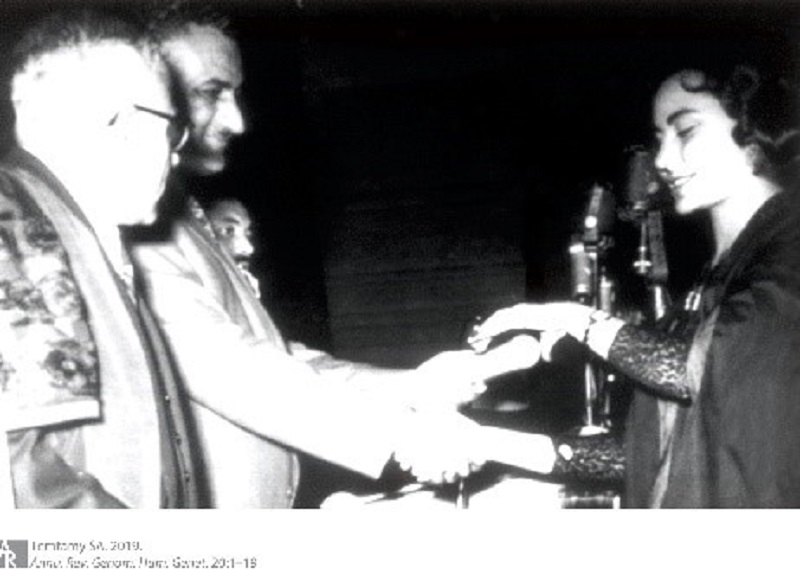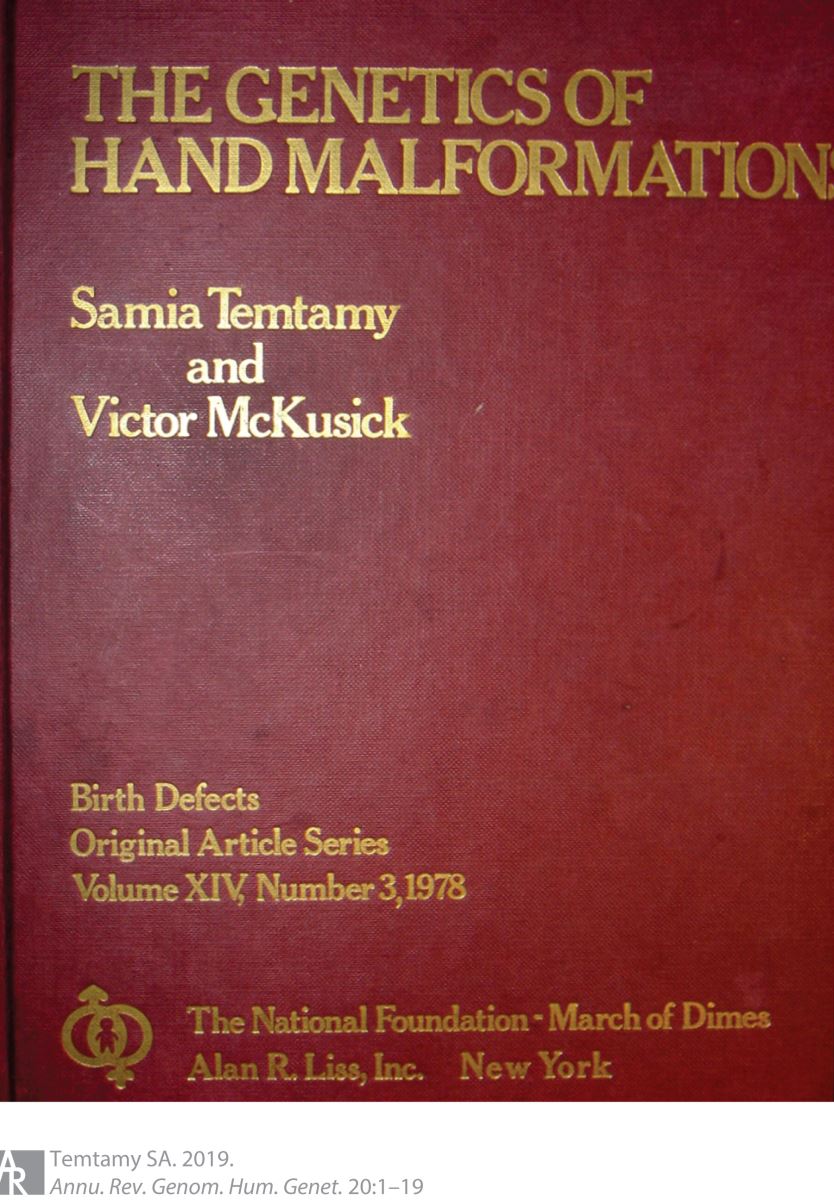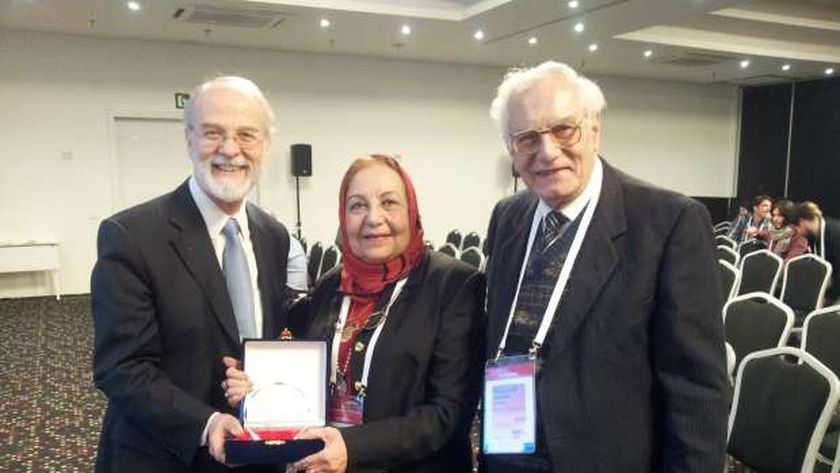Samia Eltemtamy: An Egyptian Scientist and Pioneer of Human Genetics
Share




In the fifties of the last century, American scientist and human genetics pioneer Victor Mckusick established a specialized department for this science at Johns Hopkins University. Among his first students to study this specialty at the PhD stage was the ambitious Egyptian researcher Samia Ali Eltemtamy.
Prof. Samia Eltemtamy was born in 1935 in Beheira; she later moved with her family to Cairo. She excelled in her studies and read a lot about science. At the age of ten, she decided to become a doctor, as she was influenced by the doctor and poet Ibrahim Nagui who treated her for typhoid fever; she loved the profession of medicine because of the kindness and humanity in it. In high school, her elder brother joined the Faculty of Medicine; she occupied herself reading his books until she was sure that studying medicine was her goal.
She joined the Kasr Al-Ainy Faculty of Medicine at Cairo University; at that time, the number of female students ranged between 20 and 30 students. During her time at university, she practiced sports and participated in tournaments; this did not hinder her from her studies, but rather invigorated her. She graduated in 1957; the renowned surgeon Magdi Yacoub was one of the graduates of her class.
 With President Gamal Abdel Nasser (1957). Source: annualreviews.org
With President Gamal Abdel Nasser (1957). Source: annualreviews.org
After graduation, she worked at Abu Al-Rish Hospital, then she obtained a diploma in pediatrics. Her love for children increased and she felt their need for someone to understand their pain. Children suffering from severe cases and congenital anomalies were her main motivation to study human genetics. These cases attracted her attention as they were hard-to-solve puzzles. That was at the same time as the emergence of genetics when the number of chromosomes in the human cell was discovered in 1956; she then realized that genetics was the key to solving these mysteries. She followed up on these cases and kept on documenting and studying them constantly. As she was passionate about research, she turned to scientific research and joined the Medical Research Unit at the National Research Center.
https://youtu.be/8qUMpDnG3rg
She traveled to America to obtain her Ph.D. degree at Johns Hopkins University, where she worked under the supervision of Professor Victor Mckusick. She obtained her Ph.D. degree in 1966, to become the first Arab woman to obtain this degree in human genetics. The topic of her thesis was "Genetic Hand Deformities", in which she collected all the forms of hand deformities and divided them into different groups. Later on, her thesis turned into a basic reference in this field. She also discovered other genetic diseases; the first disease she discovered was Carpenter Syndrome; other discoveries followed after she returned to Egypt, reaching 40 genetic diseases.
 The Monograph. Source: annualreviews.org
The Monograph. Source: annualreviews.org
Prof. Samia Altemtamy returned to Egypt as a carrier of this new science; she began to conduct her own research at the National Research Center with simple capabilities, and then hired a technical assistant. She established a clinic in the Center to receive patients suffering from genetic diseases. In 1977, she was able to establish the Department of Human Genetics, which then turned into a division of more than one hundred researchers, until she founded the "Tamayoz Center" for Human Genetics in 2014. She also established the National Society for Human Genetics aiming to raise awareness about genetic diseases through medical convoys, providing training courses for researchers and doctors, in addition to holding many local, national, and international conferences.
Moreover, she established the Middle East Journal of Medical Genetics and she was its editor-in-chief. She participated in more than 50 local and international conferences and published more than 200 research papers in scientific journals. She supervised dozens of master's and doctoral theses, and wrote a book that simplifies genetics in Arabic entitled "Human Genetics..the Present and the Future". As for honoring her great efforts, she won many awards such as the State Appreciation Award and the Nile Medal, in addition to several international awards. She was also chosen among the fifty most influential women in 2017, and she received the Hugo Foundation award for the Human Genome Award in Africa.
 Source: alwatannews
Source: alwatannews
After a long inexhaustible career in the scientific field that lasted for more than fifty years, Prof. Samia Eltemtamy passed away in June 2021 due to Coronavius.
https://fb.watch/bVfoQfi63x/
References
annualreviews.org
arsco.org
web.archive.org